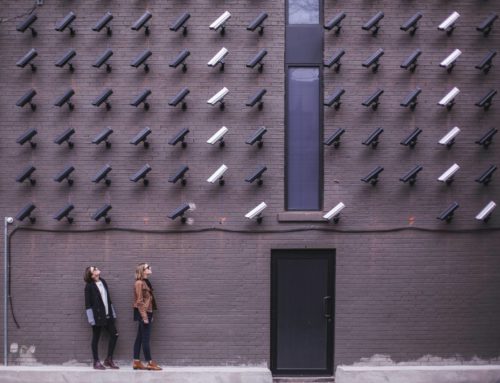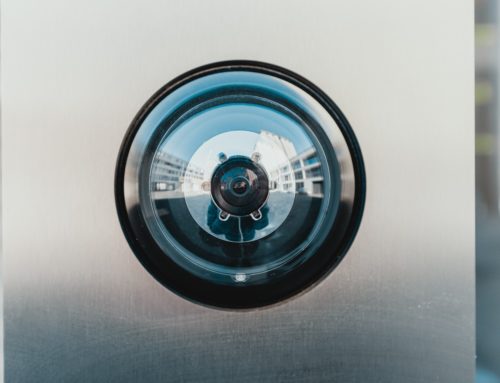The market for smart home security systems is expected to reach a whopping $216 billion by 2027 (from an already eye-opening $75 billion in 2018). But it is because these ‘smart’ systems are, by definition, connected to the Internet (IoT tools) that a growing number of security consultants worry that home and business owners may unwittingly be inviting the enemy inside their walls.
“When you bring digitally connected sensors, cameras, and other devices into your home, you are introducing an opportunity for pernicious forces to gain access to those same devices,” says Rob Soles, founder of RD Soles & Associates. “So if you’re one of those people who are nervous about tech companies or other outsiders listening to your conversations, imagine what a camera might be serving up and to whom.”
The concerns of Soles and other security experts like him aren’t without warrant. In recent months numerous stories have cropped up about outsiders gaining access to a home or organization’s security systems. In some cases, these are cases of hackers tapping into systems and monitoring occupants; in others, employees for a security system are observing occupants they are paid to protect (but not monitor).
Stories also have emerged of former intimates maintaining access to security systems and spying on their exes. The list of these digital intrusions is extensive, and likely to grow as more and more devices are introduced into homes and other building types.
Soles and other experts like him recommend that anyone considering installation of a security system spend a bit extra to ensure these tools and services are being implemented correctly and with the appropriate safeguards. Click here to learn more about why home and building security is not a DIY project.


Leave A Comment
You must be logged in to post a comment.